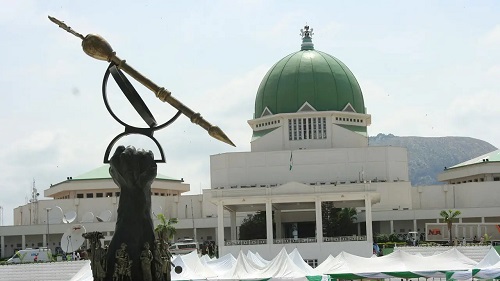Members of the National Assembly in Nigeria have returned to the Federal Capital Territory after a 30-day holiday. Insecurity remains a pressing issue, with renewed killings and violence in Plateau State. In addition, the withdrawal of Mali, Burkina Faso, and Niger from the Economic Community of West African States (ECOWAS) poses external security implications for Nigeria.
On the economic front, the Nigerian Naira is experiencing a bearish run against major currencies, currently trading at N1,450 against the dollar. This currency instability, among other factors, has contributed to high inflation.
The National Assembly will prioritize several issues in their plenary sessions. Insecurity is a major concern, with ethnic and religious violence in Plateau State and rising crime rates across the country. However, there is skepticism about the effectiveness of past motions and resolutions in addressing this wave of insecurity.
The economy is also a key focus, with running inflation causing economic hardship in homes. Promises by the Federal Government, such as the rollout of CNG buses and disbursements to civil servants, have not been fully realized. Oil production remains low, leading the Dangote Refinery to plan to import crude oil from the United States to meet targets.
State police and constitutional amendments are important issues to be addressed. The insecurity across the country has fueled demands for the creation of state police to tackle the menace.
The relocation of some departments of the Central Bank of Nigeria and the Federal Airports Authority of Nigeria to Lagos State will also be discussed. Concerns have been raised by the northern Senate caucus regarding this move and the allocation of funds in the 2024 budget, urging their representatives to take action against any perceived undermining of the Northern region.
As the National Assembly holds their first plenary session of the year, Nigerians are expecting debates and interventions on these pressing issues. However, there is skepticism due to past failures to address insecurity and economic challenges effectively.



